Ionic Ear Bluetooth Implant
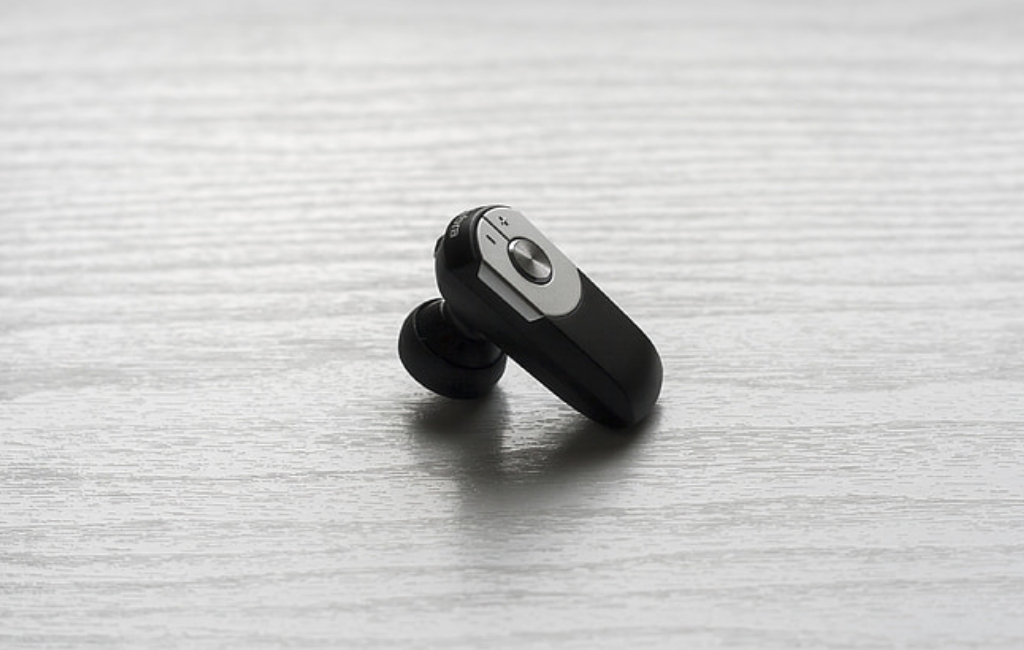
NO DEAL
EPISODE SUMMARY
🕓 Air Date: August 9, 2009
Asking For:
$1,000,000 for 15%
Investor:
No Deal
Deal:
No Deal
PRODUCT SUMMARY
The Ionic Ear is an implantable Bluetooth device designed to provide a secure and convenient way to use Bluetooth technology without the risk of it falling off or becoming dislodged.
WATCH HERE
IN A RUSH?
Click these to jump to the section you want to read.
Background Story
Ionic Ear, led by founder Darrin Johnson, emerged on Shark Tank with a revolutionary concept aimed at revolutionizing Bluetooth technology. Johnson’s entrepreneurial journey likely began with a passion for innovation and a keen understanding of technology. He identified a common frustration among Bluetooth users: the tendency for Bluetooth devices to fall off or become dislodged during use. Drawing from his own experiences and observations, Johnson sought to develop a solution that would provide a more secure and reliable way to use Bluetooth technology.

The idea for the Ionic Ear likely originated from Johnson’s desire to address this prevalent issue. He envisioned a device that would be permanently implanted in the user’s ear, eliminating the need for external earpieces and offering a seamless Bluetooth experience. Johnson’s background in technology and possibly medical innovation equipped him with the knowledge and skills necessary to conceptualize and develop such a groundbreaking product. His determination to overcome the limitations of traditional Bluetooth devices drove him to pursue this ambitious venture.
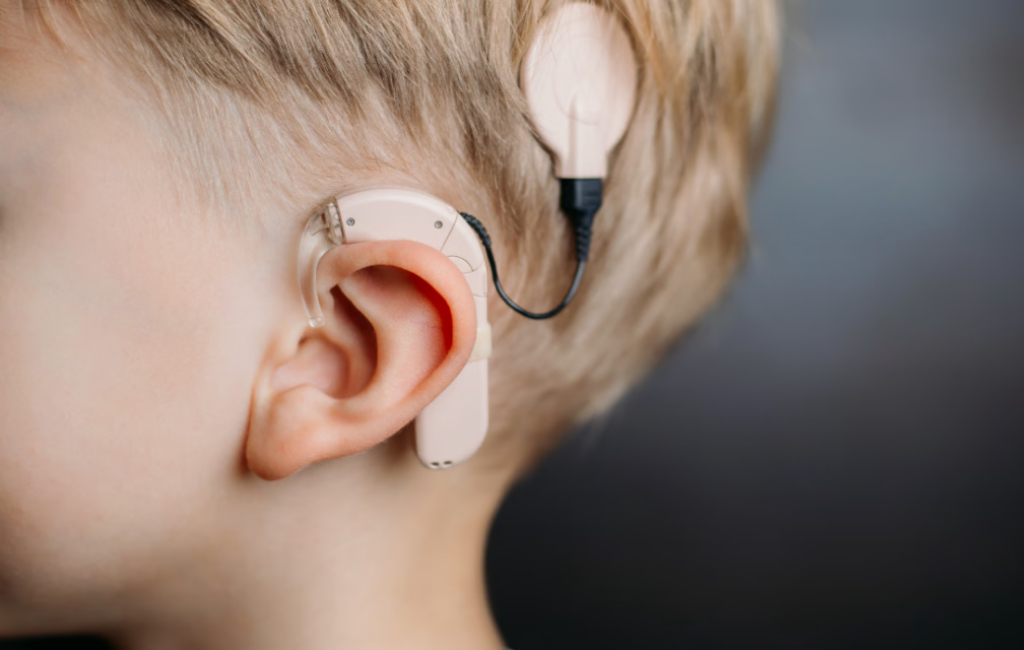
Johnson’s entrepreneurial spirit and dedication to solving a common consumer problem propelled him to present the Ionic Ear on Shark Tank, seeking not only investment but also validation of his innovative idea. While the Sharks ultimately declined to invest, Johnson’s appearance on the show showcased his passion for innovation and his commitment to pushing the boundaries of technology to improve everyday experiences. Despite the setback, Johnson’s journey with Ionic Ear likely continued as he pursued other avenues for funding and development, fueled by his vision for a future where Bluetooth technology seamlessly integrates into everyday life.
The Product
The Ionic Ear is a groundbreaking implantable Bluetooth device designed to provide users with a seamless and secure connection to their devices. Surgically implanted just beneath the earlobe, the device integrates seamlessly into the user’s anatomy, eliminating the need for traditional Bluetooth earpieces that are prone to falling off or becoming dislodged.
Equipped with Bluetooth electronics, a microphone, a speaker, and an AC charging port, the Ionic Ear offers users a convenient way to stay connected without the hassle of external devices. The device is designed to withstand natural movements and perspiration, ensuring uninterrupted connectivity even during physical activities.
Charging the Ionic Ear is simple and discreet, requiring users to insert a small cylindrical charger, similar in size to a Q-tip, into the charging port each night. This trickle-charge method ensures that the device remains powered without the need for frequent replacements or external batteries.

How It Went
The company’s position before Shark Tank
At the time of the Shark Tank pitch, Ionic Ear was likely in its early stages of development, with limited information available regarding its performance, partnerships, and financial health. The company’s position in the market would have been speculative, hinging largely on the potential of its innovative product and the ability to secure investments for further development and commercialization.
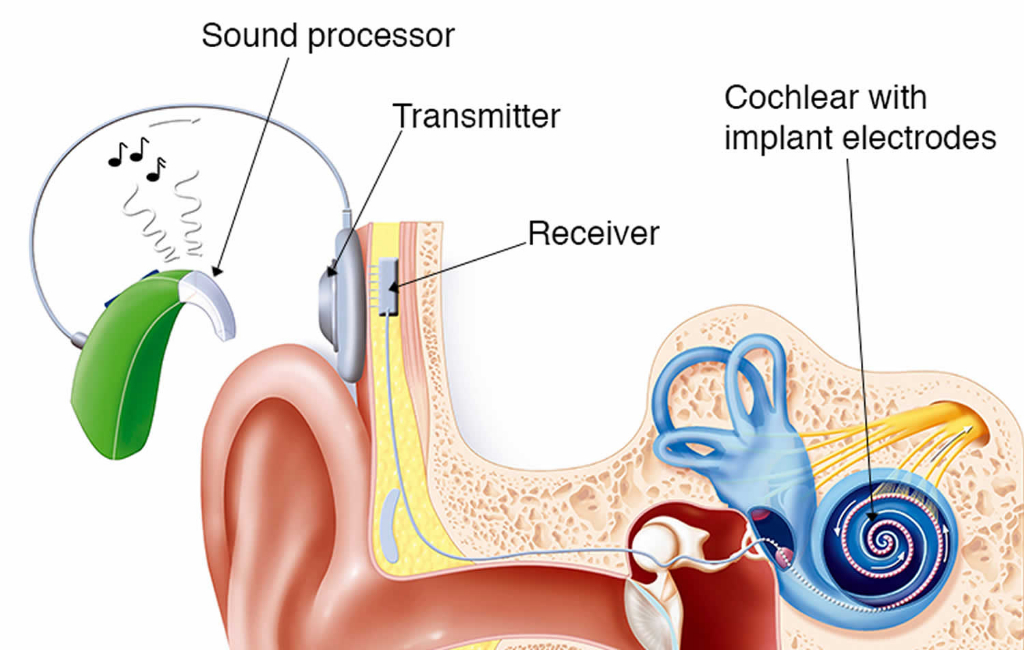
The success of the product would likely depend on forging relationships with medical professionals for implantation services and potentially with tech retailers for sales of the device. The target customers for Ionic Ear would likely be tech enthusiasts, early adopters, and individuals seeking a more reliable and convenient solution for Bluetooth connectivity. However, the company would need to overcome significant skepticism and regulatory hurdles to gain acceptance within the broader consumer market.
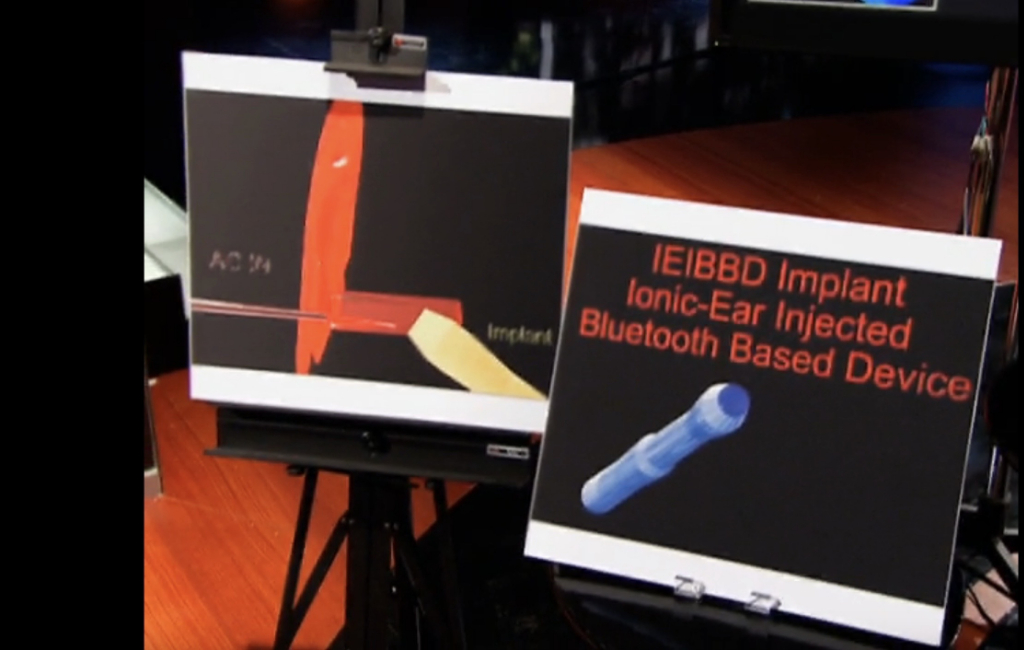
In terms of funding, Ionic Ear was seeking a $1 million investment from the Sharks, indicating that the company was in need of capital to support its development efforts. As a startup in the medical technology sector, the company would likely face significant research and development costs, regulatory expenses, and marketing expenses as it seeks to bring its product to market. Overall, Ionic Ear’s performance and position in the market would have been characterized by uncertainty and the need for further investment and development to realize its potential.
The Negotiations:
The negotiations for Ionic Ear on Shark Tank were met with skepticism and ultimately ended without a deal. Founder Darrin Johnson’s pitch faced immediate pushback from the Sharks due to the unconventional nature of the product—a surgically implanted Bluetooth device. Despite Johnson’s attempts to explain the benefits of the Ionic Ear, including its secure fit and uninterrupted connectivity, the Sharks struggled to see past the perceived risks and practicality of the product.
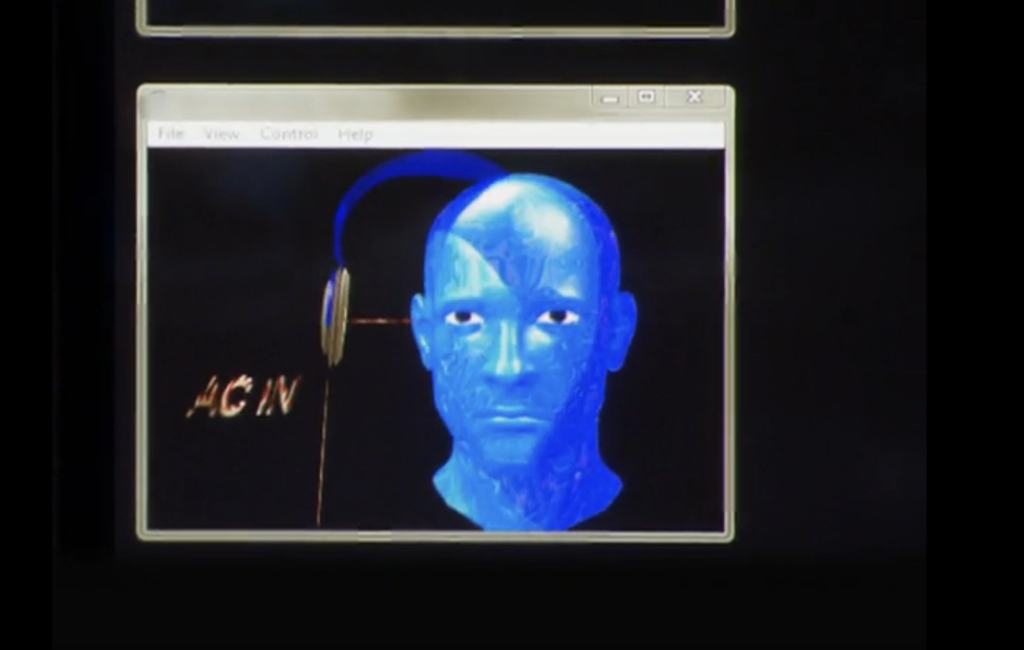
Kevin O’Leary, Barbara Corcoran, and Robert Herjavec were the first to express their concerns, ultimately opting out of the deal. Their reluctance stemmed from the potential medical and technological complications associated with the device, as well as the discomfort of nightly charging through an implanted port. Daymond John and Kevin Harrington followed suit, questioning the market acceptance and consumer willingness to undergo surgery for a Bluetooth device.
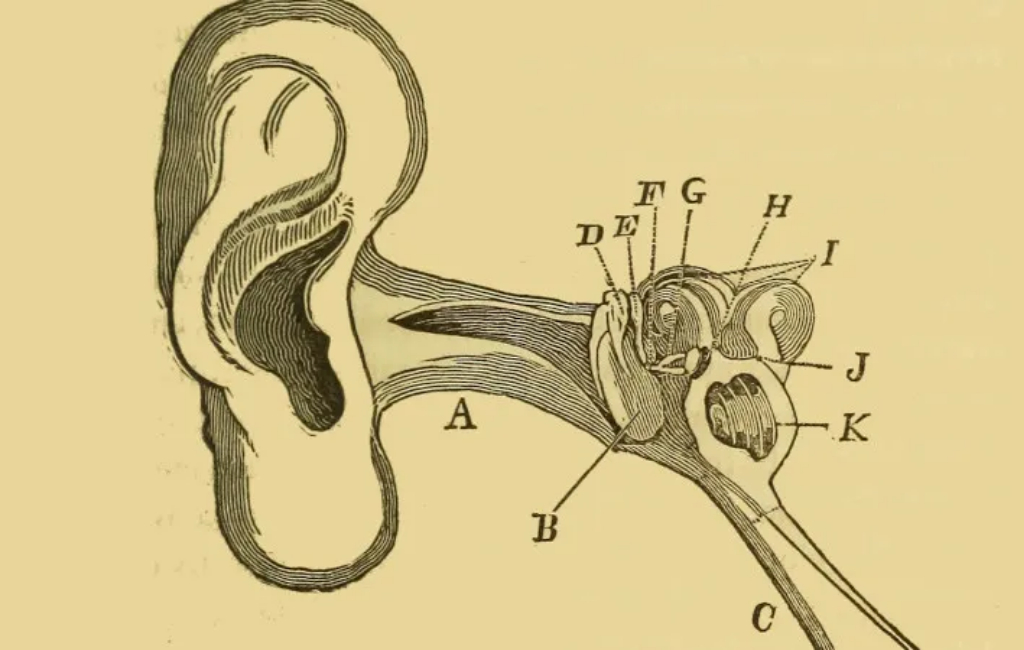
Throughout the negotiation process, Johnson attempted to address the Sharks’ concerns and highlight the safety features and precision targeting of the Ionic Ear. However, his efforts fell short of convincing the investors, leading to a unanimous decision to decline the investment opportunity. Despite Johnson’s comparisons to other medical implants and his passion for innovation, the Sharks ultimately deemed the Ionic Ear too risky and impractical for investment, leaving Johnson without a deal.







